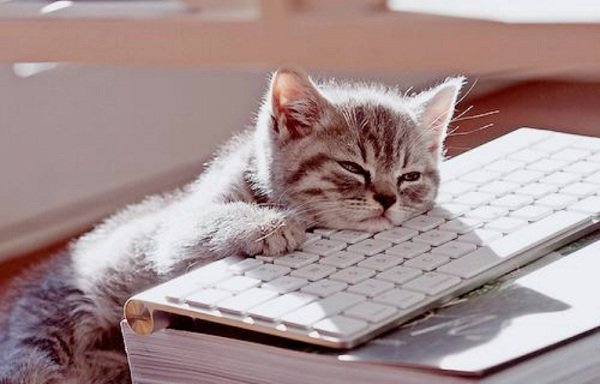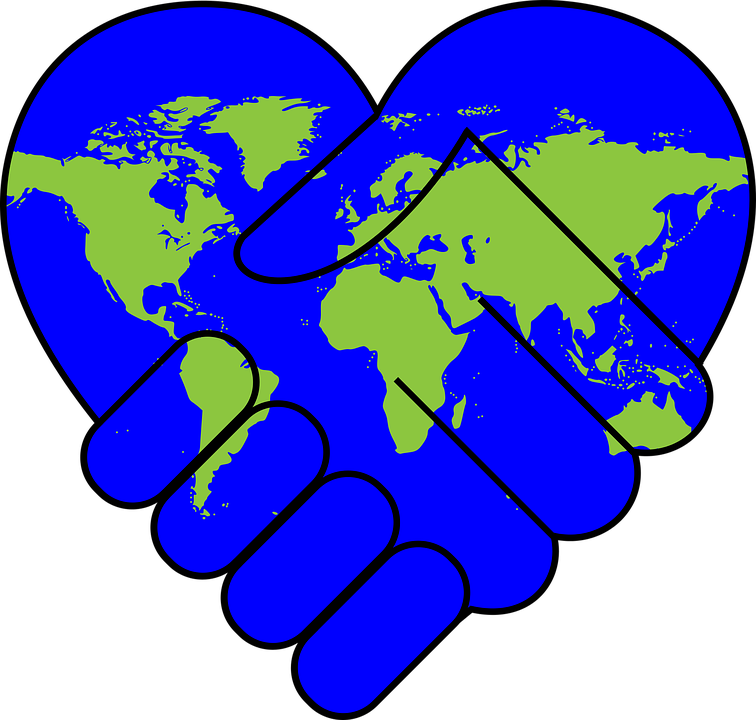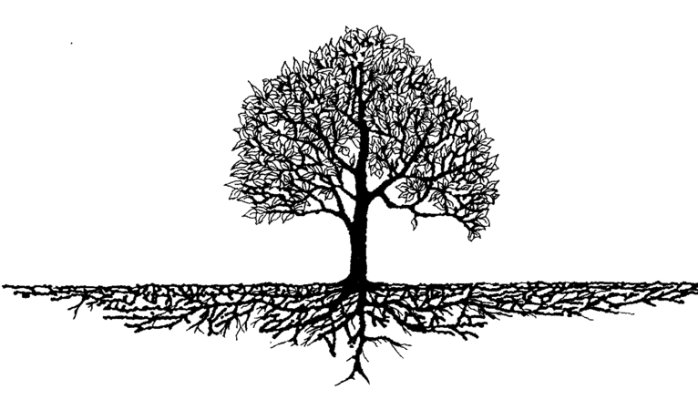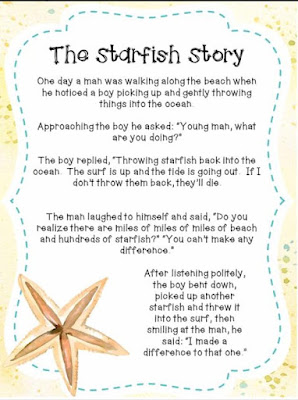Here is an open letter to the year 6's who are moving on to Intermediate and College next year.
To the year 6 ‘Quest’ students of 2017
You have been identified at some stage as gifted and talented - that does not mean that you are perfect! You have the ability to think and learn well and strengths in some areas. You may learn some things faster than others. You may have intensities in different areas - imaginational, intellectual, emotional, psychomotor(movement), sensual (senses). You are all amazing in your own unique way.
As you move on in life here are some things to remember that you have hopefully learnt at Quest.

PUZZLES / PROBLEMS TO SOLVE - just like the quizzles we have at quest, sometimes there are challenges in life. Some are easy to solve, some take time and thought.

MISTAKES /FAILURE do not mean that you are no longer gifted. They are a natural part of learning. Thomas Edison (the guy who invented the light bulb and many other things) said “I have not failed, I have just found 10,000 ways that did not work.” If you make a mistake or don’t do as well at something as you hoped, pick yourself up and try again, and eventually you’ll get somewhere.

STRUGGLE and EFFORT are also part of learning. Remember the learning pit - if you have to struggle to get out of the pit you will eventually be able to climb out the other side. You may need help along the way - don’t be afraid to ask for help (or to help someone else). If you just lie at the bottom of the pit and give up then you will never get out the other side. It may feel difficult at times, but struggle is worth it.

DIFFERENCES - everyone is different. Respect others’ opinions. You do not have to agree with them, and you can respectfully debate, but ultimately they are allowed to have their own opinion. Often there is no right or wrong opinion, just different points of view. Everyone has different personality types too - so don’t forget to listen so that you hear the views of the extroverts, and ask questions so that you hear the views of the introverts.

BOREDOM - Believe it or not, it is good for you to be ‘bored’ (that is, not amused / stimulated) at times. Rather than sit and wallow in the feeling of being ‘bored’, use that time to notice the world around you, think about life, create new ideas, ask questions, communicate with someone, try something new. There is no need to feel bored - it is up to you to do something to change those feelings.

CURIOSITY - never lose that amazing curiosity that helps you learn. Ask questions, listen to others, read, research, experiment, wonder and think. Notice the world and the people around you. Share your amazing observations and ideas.

CARING - you all have something that you care about. People, a cause, a passion. Carry on caring - it makes the world a better place :)
 DON’T FORGET YOUR ROOTS - Stop every now and then to look back to where you came from. It will help you to see the amazing changes that have happened in your life as you learn and grow, to remember moments that helped along the way, to reconnect with people and ideas that you may have forgotten about.
DON’T FORGET YOUR ROOTS - Stop every now and then to look back to where you came from. It will help you to see the amazing changes that have happened in your life as you learn and grow, to remember moments that helped along the way, to reconnect with people and ideas that you may have forgotten about.
I have loved working with all of you. You are amazing interesting people - I love our conversations, your ideas, knowledge, personalities. Don’t stop being YOU!
I would love to hear how you are going if you ever feel like popping in or emailing to say hi. I may not recognise you as you grow and change, so if I look blank please remind me who you are! I have taught hundreds of children over the years, but I still remember students even from my first classes. You are all important to me and I wish you all the best as you move on to your next journey through college.
From Debbie (Mrs Thompson)
P.S: Here’s a good website if you ever want to know more about being gifted and talented…
 Over the last couple of days I have had my teens in at school helping to finish off the bee mural that the year 1&2 Quest kids (and a few year 5&6's) started. We have transferred the children's sketches on to the plywood base coats that the children painted. Hopefully it will be up on the PE shed wall near the bee house by the start of next year.
Over the last couple of days I have had my teens in at school helping to finish off the bee mural that the year 1&2 Quest kids (and a few year 5&6's) started. We have transferred the children's sketches on to the plywood base coats that the children painted. Hopefully it will be up on the PE shed wall near the bee house by the start of next year.









































